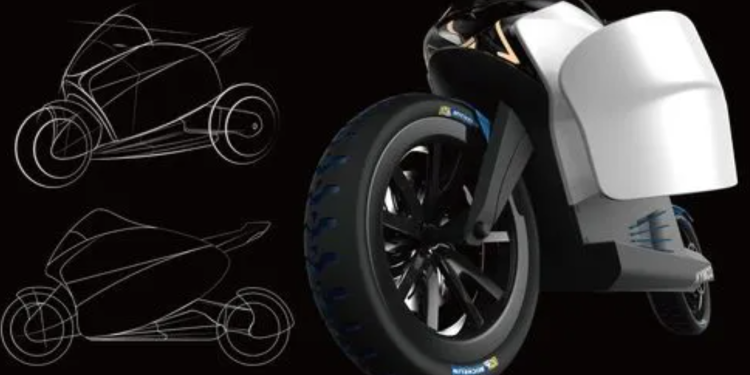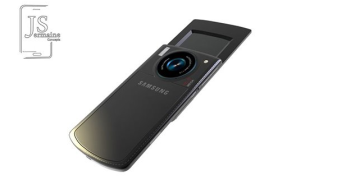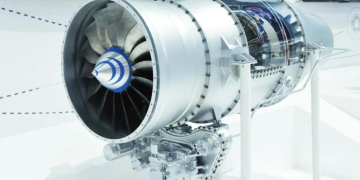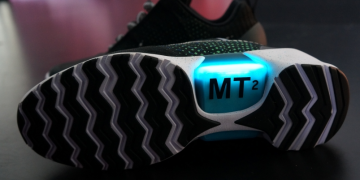In the world of photography, mastering the art of capturing stunning images requires more than just a camera. To truly unleash your creativity and elevate your craft, it’s essential to invest in a range of camera accessories that complement your gear and enhance your shooting experience. Let’s delve into the essential gear every photographer should consider adding to their arsenal.
Essential Camera Accessories
Before embarking on your photographic journey, it’s crucial to equip yourself with the right tools. From lenses to tripods, each accessory plays a vital role in realizing your creative vision and capturing memorable moments.
Lenses: The Window to Your Vision
Lenses are the cornerstone of photography, serving as the conduit through which your vision is translated into images. From wide-angle to telephoto, the choice of lens can dramatically impact the composition and mood of your photographs. Whether you’re capturing sweeping landscapes or intimate portraits, selecting the right lens is paramount to achieving the desired result.
Tripods: Stability Amidst Chaos
In the quest for tack-sharp images, stability is key. Tripods provide a sturdy foundation for your camera, eliminating the risk of camera shake and allowing for long exposure shots with precision and clarity. Whether you’re shooting in low light or capturing intricate details, a reliable tripod is indispensable for maintaining image quality and consistency.
Camera Bags: Your Mobile Arsenal
A good camera bag is more than just a means of transportation; it’s your mobile arsenal, housing all your gear and protecting it from the elements. From backpacks to sling bags, the right camera bag offers ample storage, customizable compartments, and ergonomic design for comfortable carrying, ensuring you’re always ready to seize the moment.
Memory Cards: Capturing Memories
Memory cards are the digital equivalent of film, storing all your precious memories in a compact and portable format. With various types and capacities available, choosing the right memory card is essential to ensuring smooth shooting and ample storage space for your images and videos. Whether you’re shooting in RAW or JPEG, investing in high-quality memory cards is crucial for capturing every moment without compromise.
Filters: Enhancing Your Perspective
Filters are a versatile tool for enhancing your creative vision and manipulating light to achieve stunning effects. From polarizers to ND filters, each type serves a unique purpose, whether it’s reducing glare, enhancing colors, or controlling exposure. By incorporating filters into your workflow, you can elevate your images and imbue them with depth and character.
Flash Units: Illuminating the Darkness
Flash units are a powerful tool for overcoming challenging lighting conditions and adding drama to your images. From on-camera to off-camera flash, each type offers unique advantages, whether it’s filling in shadows, freezing motion, or creating dynamic lighting effects. By mastering the art of flash photography, you can unlock a world of creative possibilities and elevate your images to new heights.
Remote Shutter Releases: Capturing the Moment from Afar
Remote shutter releases are invaluable for capturing moments from a distance, whether you’re shooting wildlife, astrophotography, or long exposures. By eliminating the need to touch the camera during exposure, remote shutter releases ensure maximum sharpness and precision, allowing you to focus on composition and timing without any distractions.
Lens Cleaning Kits: Keeping Your Vision Clear
Maintaining clean and pristine lenses is essential for capturing sharp and clear images. Lens cleaning kits provide the necessary tools for removing dust, smudges, and debris from your lenses, ensuring optimal image quality and longevity. By incorporating regular lens maintenance into your routine, you can safeguard your investment and preserve the integrity of your images.
Battery Packs: Powering Your Creativity
Running out of battery power mid-shoot can be a photographer’s worst nightmare. Battery packs provide a reliable source of power for extended shooting sessions, ensuring you never miss a moment due to a drained battery. With various types and capacities available, investing in spare batteries and battery packs is essential for powering your creativity and staying prepared for any photographic opportunity.
Reflectors: Harnessing Natural Light
Reflectors are a versatile tool for manipulating natural light and shaping the mood of your images. Whether you’re filling in shadows, softening harsh sunlight, or adding warmth to portraits, reflectors offer endless creative possibilities for enhancing your outdoor photography. By harnessing the power of natural light, you can create dynamic and compelling images that captivate the viewer’s imagination.
Camera Straps: Carrying Your Passion
A comfortable and secure camera strap is essential for carrying your gear with ease and confidence. Whether you prefer a classic neck strap, a crossbody sling, or a wrist strap, the right camera strap ensures your camera is always within reach and ready to capture the moment. By choosing a strap that suits your style and shooting preferences, you can carry your passion for photography wherever your adventures take you.
Editing Software: Polishing Your Masterpieces
Post-processing is the final step in the creative process, allowing you to refine and polish your images to perfection. From basic adjustments to advanced retouching, editing software offers a wealth of tools and features for enhancing colors, correcting exposure, and adding creative effects. By mastering the art of post-processing, you can transform your raw captures into stunning masterpieces that truly reflect your creative vision.
Conclusion
In conclusion, navigating the world of camera accessories may seem daunting at first, but with the right knowledge and guidance, you can build a versatile and reliable toolkit that empowers you to realize your photographic vision. By investing in essential gear such as lenses, tripods, memory cards, and filters, you can enhance your creativity, expand your capabilities, and capture unforgettable moments with confidence and precision.
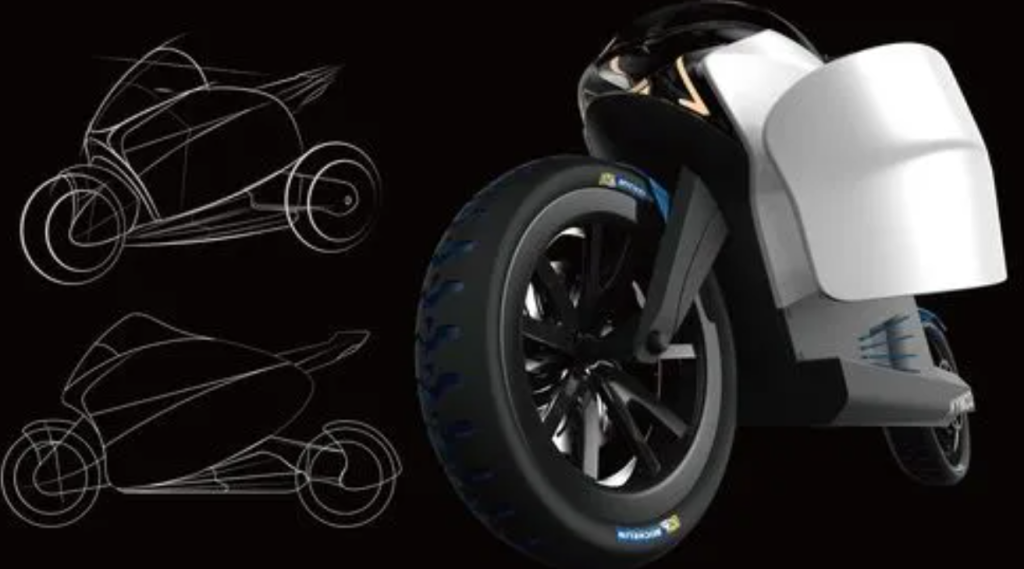
FAQs After The Conclusion
- Do I need to invest in expensive camera accessories to get good results?While high-quality accessories can certainly enhance your photography experience, there are many affordable options available that offer excellent performance. It’s essential to prioritize your needs and invest in gear that aligns with your budget and shooting style.
- What type of tripod is best for travel photography?For travel photography, a lightweight and compact tripod is ideal, as it allows for easy transportation without compromising stability. Look for tripods with foldable legs and adjustable height settings for maximum versatility on the go.
- How do I choose the right memory card for my camera?When choosing a memory card, consider factors such as capacity, speed class, and compatibility with your camera. Opt for a card with sufficient capacity to accommodate your shooting needs and a speed class that meets the requirements of your camera’s recording format.
- Are lens filters still necessary in the age of digital photography?While digital editing software offers a wide range of creative tools and effects, lens filters remain invaluable for achieving certain effects in-camera, such as reducing glare, enhancing colors, and controlling exposure. Incorporating filters into your workflow can save time and effort in post-processing and allow for greater creative control over your images.
- What are the advantages of using off-camera flash?Off-camera flash offers greater flexibility and control over lighting compared to on-camera flash. By positioning the flash off-camera, you can create more dynamic and flattering lighting effects, minimize harsh shadows, and achieve a more natural-looking illumination of your subject.
- How do I clean my camera lens properly?To clean your camera lens properly, use a soft brush or air blower to remove any loose dust and debris, then gently wipe the lens surface with a clean microfiber cloth dampened with lens cleaning solution. Avoid using harsh chemicals or abrasive materials, as these can damage the lens coating and affect image quality.
- Can I use third-party battery packs with my camera?While third-party battery packs may offer a more affordable alternative to OEM batteries, it’s essential to ensure compatibility with your camera model and consider factors such as capacity, performance, and safety. Be sure to research reputable brands and read reviews from other photographers before making a purchase.
- What editing software do professional photographers use?Professional photographers often use industry-standard editing software such as Adobe Photoshop and Lightroom for their post-processing needs. These programs offer a comprehensive suite of tools and features for advanced retouching, color correction, and creative editing, making them preferred choices among professionals for producing high-quality images.



